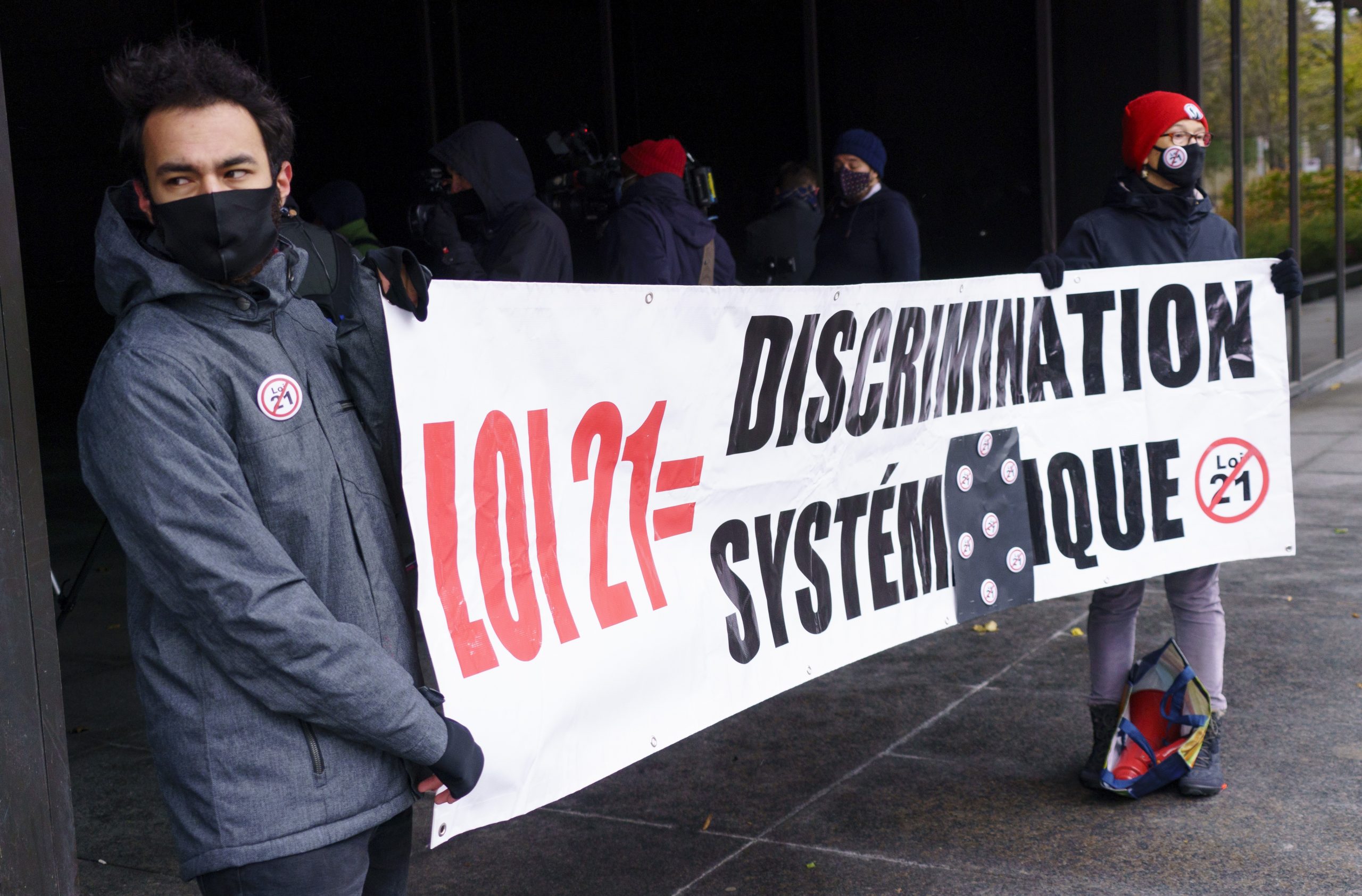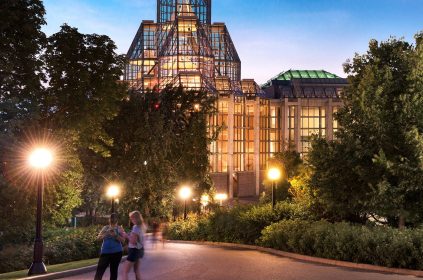MONTREAL — The first witness in the legal challenge of Quebec’s secularism law told the court today the legislation makes her feel excluded from society.
Ichrak Nourel Hak, a teacher who wears the hijab, was a student when Quebec adopted Bill 21 in June 2019.
The law banning public sector workers in positions of authority — including teachers, police officers and judges — from wearing religious symbols on the job has been criticized as discriminatory by civil rights and religious groups.
Nourel Hak says her hijab is a part of who she is, and it is unimaginable for her to remove it during teaching hours.
She says she received her teaching degree in September and was hired by a private school that isn’t subject to Bill 21.
The legal proceedings combine four separate lawsuits challenging Bill 21 into one trial, which is expected to last up to six weeks before Superior Court Justice Marc-Andre Blanchard.
Nourel Hak testified that she decided to start wearing the hijab at the age of 21 after reflecting on her religion.
She said wearing the Islamic head scarf is also a way for her to fight stereotypes against Muslim women. “I want to show that there are women who are fulfilled, who want to give back to society,” she told the court.
Quebec Premier Francois Legault has called Bill 21 “moderate” and “balanced” and said it is supported by the majority of Quebecers.
He has said the law doesn’t prevent people from practising their religion and that it is a way for the Quebec nation to enshrine its deeply held secularist values.
This report by The Canadian Press was first published Nov. 2, 2020.
The Canadian Press













